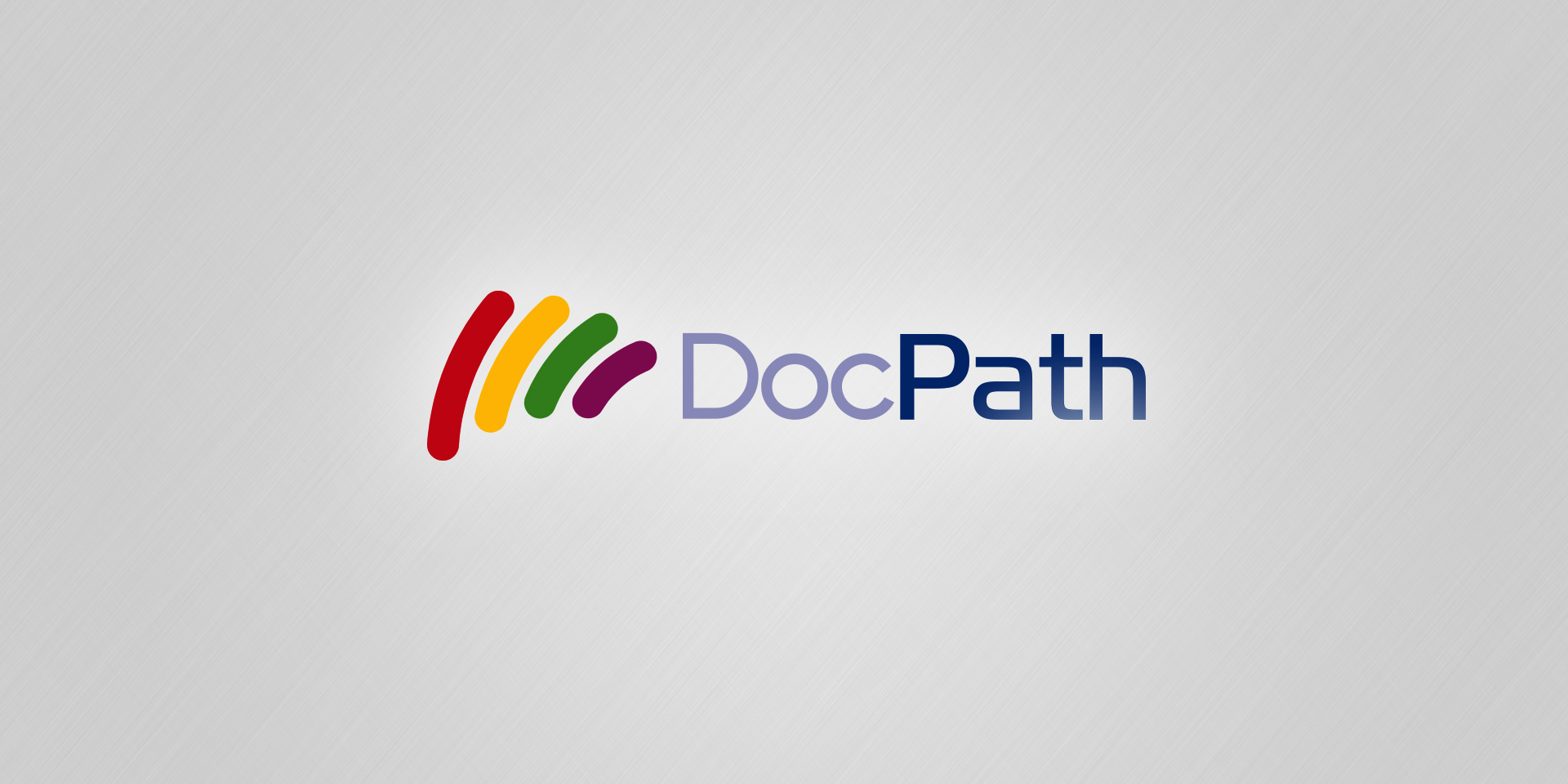
How many times do we open our mailbox at home and think that too much advertising is sent by mail? Climate change is on everyone’s mind and, in many cases, the excess paper used concerns consumers with the uncertainty of not knowing how long the natural resources of the Earth will last.
Every day, citizens constantly receive messages on the importance of recycling in either the media or in advertising campaigns from the government. Although in recent decades the Spanish have become increasingly concerned with this practice, the global figures are still not how they should be. Unfortunately, the good work of some was overshadowed by the lack of awareness by many others, who continue to ignore the problems we cause. In the near future this will result in a feared climate change.
According to a report for the first quarter of 2011 released by Eurostat, the EU statistics office, Spain is below the EU average in terms of recycling waste, despite generating more than the average of all 27 Member States. Specifically, every year, each Spaniard produces 547 kilos of garbage, of which only 82 are recycled. More than half of the total (52%) ends up in landfills.
The effort made by the government is not enough. It is necessary for each and everyone of us to try to become more sustainable, within our capabilities.
Despite the disappointing data, there is a positive aspect to this. The amount of waste, in our country sent to landfills, fell by five percent compared to last year’s data. It is also comforting to know that Spain is one of the leading Tetra Pak container recycling countries worldwide. So the question is; why are we sustainable with certain types of waste and not with others?
The shift of business
As to the recycling of paper by businesses, it is well known that applying some common sense to processes can reduce a large number of prints. Only printing what is absolutely necessary, using both sides of a sheet to print on and using recycled paper are just some simple tips.
On the other hand, Management can also undertake measures, which in addition to making your company greener, can also have an impact on cost-savings. These measures include implementing a printing control system to monitor any printed documents; using software that enables electronic processing of different types of documents; the use of specific hardware that allows users to print, copy, scan, send and receive electronic documents by email all at the same time. All of these actions reduce costs and lower energy consumption. In addition, there is the e-Bill, which has the same legal validity as its traditional version, it is more agile and it reduces response time for its clients.
Many companies have chosen this option so that users can view their bills in two ways: by checking their email inbox or on the company´s website using a password, as is the case with many mobile operators. Thus, users can view their bills on-line and print them directly from the internet, if needed. The direct benefits of consulting and printing from the Internet are: instant communication with the client, significant savings in management and administrative staff, plus there is no need to destroy any documents. Finally, users can check their bills on-line, which is comfortable, and searching on the internet is more simple than searching through piles of paper.
Regarding the security of obtaining the information from the Internet, the format generally used to send e-Bills is PDF format, a standard file type that creates electronic documents which can be electronically signed to ensure that they are not modified by others. This means that the user who sends the file will be sure that the recipient will not be able to alter, manipulate or correct the document.
Environmentally conscious consumers
Consumers at home can also apply common sense and only use paper that is strictly necessary, recycle all paper that can be thrown away, and accustom themselves to storing documents digitally. We should all use the same logic applied in an office, and if it is really necessary to print something, do so on recycled paper.
In general, users of the main domestic services – electricity, water, telephone, gas, etc. – have a certain distrust of electronic bills, even though this type of bills has the same legal validity as paper has. It has the advantage of not having to physically store the documents, to receive a notification via e-mail when the bill becomes available, having the reassurance that it will not be lost, and to be able to access the bill at any time and place. In addition, the electronic bill gives complete peace of mind that the information is private.
It is interesting to note the cost reduction that can be obtained by a company that has saved on a massive volume of paper, and its corresponding management such as printing, enveloping and mailing, etc. The cost reduction is made by not having to print and send the documents. The savings obtained can be redirected to other areas in the company, for example, to the marketing department which can now send the customers interesting promotions.
To summarise it briefly, companies might be the first ones to be able to offer their users options to access their documents, such as electronic bills and statements. However, the ultimate responsibility for this initiative to succeed are the end users, who are still reluctant to download and print from the Internet.
Source: Eurostat
Julio A. Olivares
DocPath CEO
